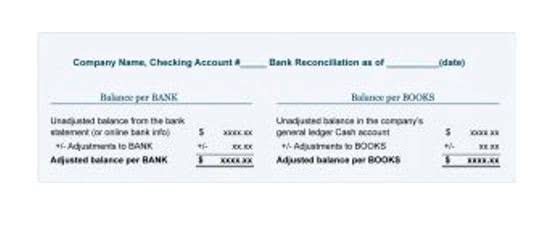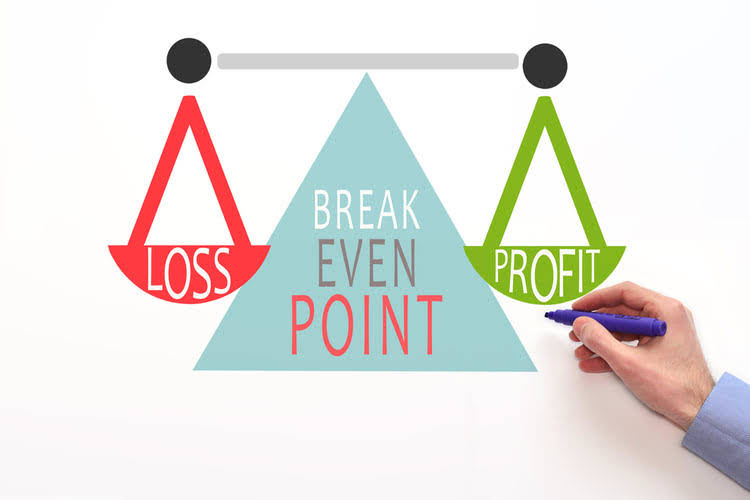
Whether a bill should be settled in arrears or in advance depends on the context. For example, employee salaries, utility bills, and taxes are all payments typically settled in arrears. Since these payments depend on calculating amounts that can change over a period, it doesn’t make sense to pay for them upfront. However, paying in arrears is not the standard for every industry. Some professions or industries require payment in advance for work that is not yet complete.
Most businesses prefer setting up a calendar to make the process smoother. When you pay your employees in arrears, you get the time to calculate tips, commissions, and overtime hours. The alternative for the same is to pay ‘in current’ which means that employees get paid for the projected number of hours that they’ll billed in arrears meaning work. When it comes to processing payroll in arrears, using payroll software lets you set a payment schedule that works for your business. Not only will you be able to set payroll to run automatically, but you’ll also be able to calculate and file payroll taxes, manage HR and employee benefits, and more.
Benefits of Paying in Arrears
Simply put, billing in advance is collecting payments before delivering a product or service. Arrears payroll means that you will have to pay an employee for work that has already been done in the previous pay period. When accounting for payments in arrears, staying on top of payments is essential. Otherwise, there’s a risk of too many unpaid bills accumulating and putting pressure on cash flow. Small business owners should use the right accounting software to help keep all their finances organized.
- The timing of your invoicing process determines whether you’re paid in arrears or in advance.
- But in the case of your paycheck being “delayed,” that’s actually being paid two weeks in arrears.
- Billing in arrears is a common practice for many businesses, including utilities such as water and cable.
- This also allows this accumulating cash to earn interest for the company before it is paid out.
- Keep in mind billing after service delivery naturally affects your cash flow.
The vendor chooses to be paid in arrears with the terms built into their contract or invoice. Paying in arrears gives your business added flexibility and boosts cash flow. With more time to pay, you can make more sales to generate cash for payments. On the other hand, when employees are paid in current, it can make processing payroll more challenging, especially for commissioned and hourly employees. Because there’s no gap between the end of a pay period and the day employees get paid, employers will have to predict employee hours. For example, if a work week is Monday through Sunday and you pay employees every Friday, you’ll have to process payroll early.
Best Practices for Paying in Arrears
The primary alternative to billing in arrears is billing in advance. When you bill in advance, you’ll send the invoice for the full amount due before work begins. While this is more advantageous to the business, it requires a high level of trust from customers who might be wary of paying for something they haven’t received.
- For instance, billing in arrears often seems a simpler choice for small business owners when compared to advance billing.
- Many companies choose to pay their workers in arrears because it gives them flexibility with their cash flow, simplifies payroll, and helps ensure accuracy in accounting.
- Although this term sounds complicated, it is quite simpler to understand.
- While some companies require full or partial payment up front, a good deal of businesses operate by invoicing once a job is completed, which may be listed in documentation as arrears.
- Offer health, dental, vision and more to recruit & retain employees.
- “Paid in arrears” refers to payments made after goods or services have been delivered.
On the other hand, advance billing is ideal for repeat customers in industries where this type of payment method is standard. It’s also common in contracting and other service-based businesses. Customers can hesitate to pay large bills for service in advance, so typically a business charges a percent upfront or requests a down payment.
Keep tabs on organizations that pay you
One benefit of paying in current is that it is likely to increase employees’ understanding of and satisfaction with your organization’s payroll system. Another reason companies tend to pay their workers in arrears is to have more flexibility with their cash flows. When an organization pays their employees in arrears, they free up time to pay obligations and earn interest on their cash — a double win.


